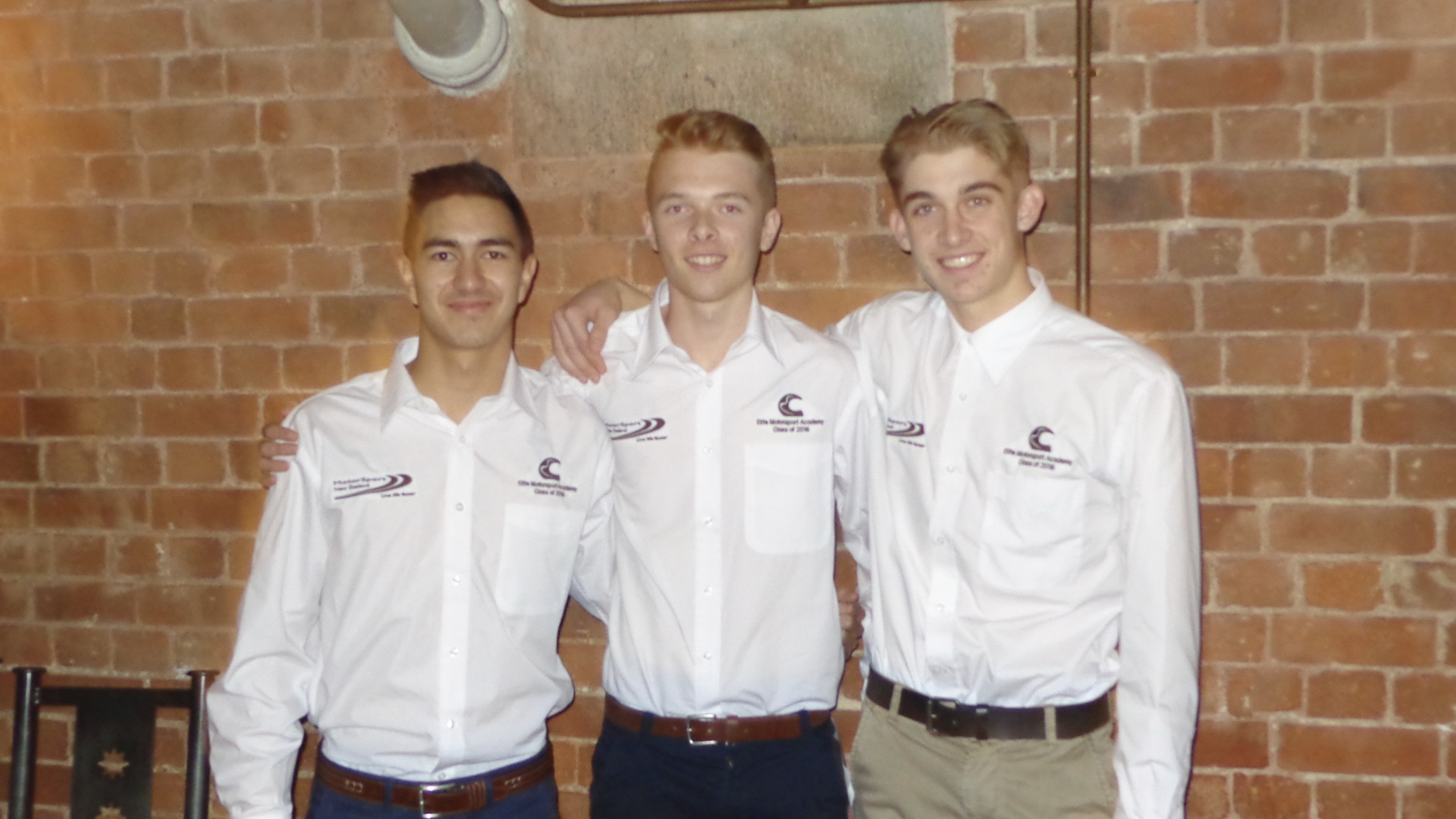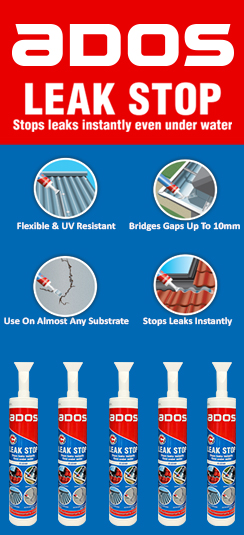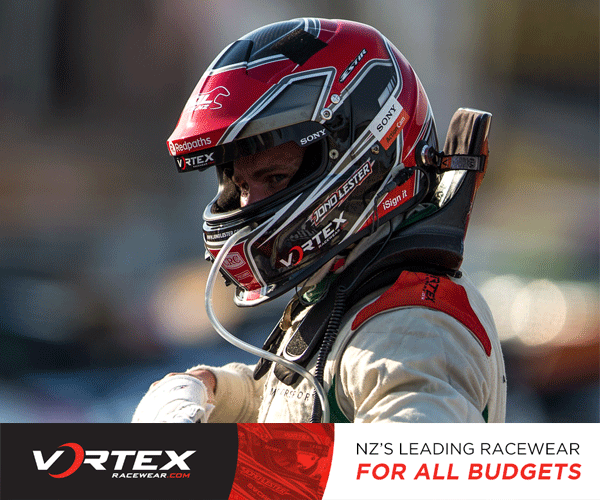Seventeen-year-old race driver Jacob Smith, from Auckland, took top honours at the Elite Motorsport Academy ‘camp’ run over the past week in Dunedin by the MotorSport New Zealand Scholarship Trust in association with High Performance Sport New Zealand and the Otago Academy of Sport.
By a close margin, Smith earned the highest number of points from the trainers at the intensive coaching camp ahead of two Gold Coast, Australia-based Kiwis Hunter McElrea and Jaxon Evans.
The eight participants in this year’s Academy are:
(Participant’s name, hometown, age, motorsport discipline, current race vehicle)
· Jaxon Evans, Gold Coast, Australia, 19, race, Porsche 997 and Toyota TR86
· Connor Adam, Auckland, 17, karting, Maranello racing kart
· Alexandra Whitley, Auckland, 22, race, SsangYong Ute
· Michael McLean, Dannevirke, 21, rally, Subaru Impreza WRX
· Brock Cooley, Wellington, 25, race, NZ Touring Cars Class 2
· Kieran Anstis, Auckland, 19, rally, Mitsubishi Evo
· Jacob Smith, Auckland, 17, race, Toyota TR86
· Hunter McElrea, Gold Coast, Australia, 16, race, Formula Ford
Several of the 3-9 July camp’s activities included team exercises where the eight participants were spilt into teams of four. The winning team was ‘Team Anzac’ comprising Evans, Hawke’s Bay’s Michael McLean, Aucklanders Connor Evans and Alexandra Whitley – the only woman among this year’s academy participants.
This is the 13th year of the Elite Motorsport Academy, a programme designed to foster the professional development of talented Kiwi motorsport competitors which has played a significant role in the careers of many established New Zealand stars such as Shane van Gisbergen, Hayden Paddon and Mitch Evans. As well as the one-week camp in Dunedin, the Elite Motorsport Academy programme provides a tailored twelve-month follow-up package for the academy graduates to ensure they continue with the training regimes and educational opportunities gained during the camp.
Smith, who won the open wheeler Formula First driver development programme at age 12 and has raced in both Formula First and the one-make saloon car Toyota TR86 series with considerable success, says he has learned an immense amount during the Academy camp.
“The race simulator and the heat chamber were real eye-openers; I wasn’t expecting it to be as hard and realistic as it was,” says Smith, who like his classmates were put through their paces in a high tech race simulator while wearing a race suit and helmet in a temperature-controlled environment set to 40 degrees and 60 per cent humidity. Every aspect of the participants’ performance under simulated race conditions, including their physical condition, were assessed by the University of Otago’s Human Performance Centre personnel.
Smith also says the classroom environment with how everything was linked back to motorsport was enjoyable. “Everyone’s bonded together and the amount of information we’ve learnt during the whole week was amazing.”
Topics covered during the week included communication and public speaking, drugs in sport, managing your own training regimes, mental skills training, fitness tests, motorsport rules and regulations, physiological requirements of a motorsport professional, what it means to be an athlete, visual media coaching, performance planning, nutrition – which included supermarket visits and cooking lessons, sponsorship and marketing, assistance in developing their own personalised physical and mental training programmes for the year ahead.
Smith says he can immediately apply much of the information leant to the upcoming season of racing. “In particular, the mental training and physical conditioning will be a big help for me, and learning more about public speaking has been great. I think that was a weak point for most of us so that practice helps a great deal; we learnt heaps throughout the week on how to improve our public speaking.”
Bob McMurray, one of the MotorSport New Zealand Scholarship Trust’s five trustees, says: “This 13th Elite Motorsport Academy camp has once again been a great success with a fantastic sense of comradery developing between our eight participants. They were very close in terms of their performance and scores during the camp from our professional coaches and trainers and we look forward to seeing how they continue with their post-camp work and assessments. We will have a final winner from the 2016 Elite Motorsport Academy class by the 2017 MotorSport New Zealand awards night in May next year.”
McMurray adds: “Virtually every New Zealand driver you see doing well internationally has been through the Academy and while this year’s participants may not be well-known yet, we expect to see great things from them in the future.
“It’s noticeable, over the years, how the participants have been more mature and focused on a career in motorsport. The Academy camp programme has evolved to help develop the wide set of skills needed to be a professional racing driver. It’s important to note that the Academy is not about teaching these young people to drive a race car – they have proven their talents in that regard prior to their selection. We aim to add to their toolbox of skills around mental training, fitness, sponsorship and marketing, nutrition and media skills needed to succeed in the sport.”
Alastair Wootten, himself a race driver, an Academy graduate in 2007 and now a qualified fitness trainer who runs a motorsport-oriented training business in Auckland called Formula Fit, contributes to the week-long camp as the fitness and conditioning coach. He says it’s fantastic to see participants develop greater understanding of being an athlete.
“Successful motor racing drivers are incredible athletes when you think about the conditions in which they must perform; the heat, noise, restricted oxygen and confinement of a race car provide challenging environmental conditions,” Wootten says.
“During camp we do a range of activities – spin class, Pilates, strength and cardio sessions, plus runs such as up Dunedin’s famed Baldwin Street. Each participant goes home with an individual performance plan for their nutrition, fitness, sponsorship and media goals, and they have regular conference calls with the Academy co-ordinator to give them extra help for the year ahead. I look forward to working with many of the Auckland-based graduates.”
McMurray adds: “The week-long Academy camp run by High Performance Sport New Zealand and the Human Performance Centre of the University of Otago’s School of Physical Education has been at the forefront of this kind of motorsport competitor development since its inception in 2003. The team involved in developing the Academy programme have enabled the Trust to provide Academy participants with access to an array of talented and highly-skilled trainers and coaches both at the camp and for the year-long programme which follows. There was nothing like this in the world when we started and now we’ve seen other organisations such as the FIA create programmes based on our Academy. We’re proud of all our participants and the difference the Trust can make in their future as a motorsport competitor.”
Further information about the MotorSport Elite Academy is available on the MotorSport New Zealand website – http://www.motorsport.org.nz/academy/elite-academy.







